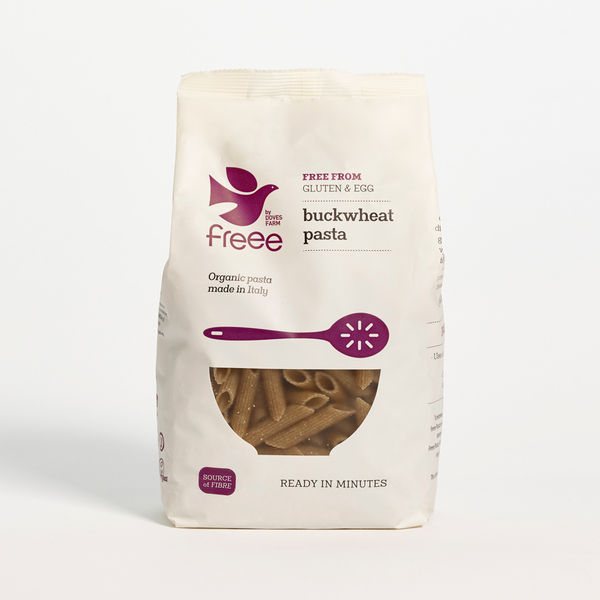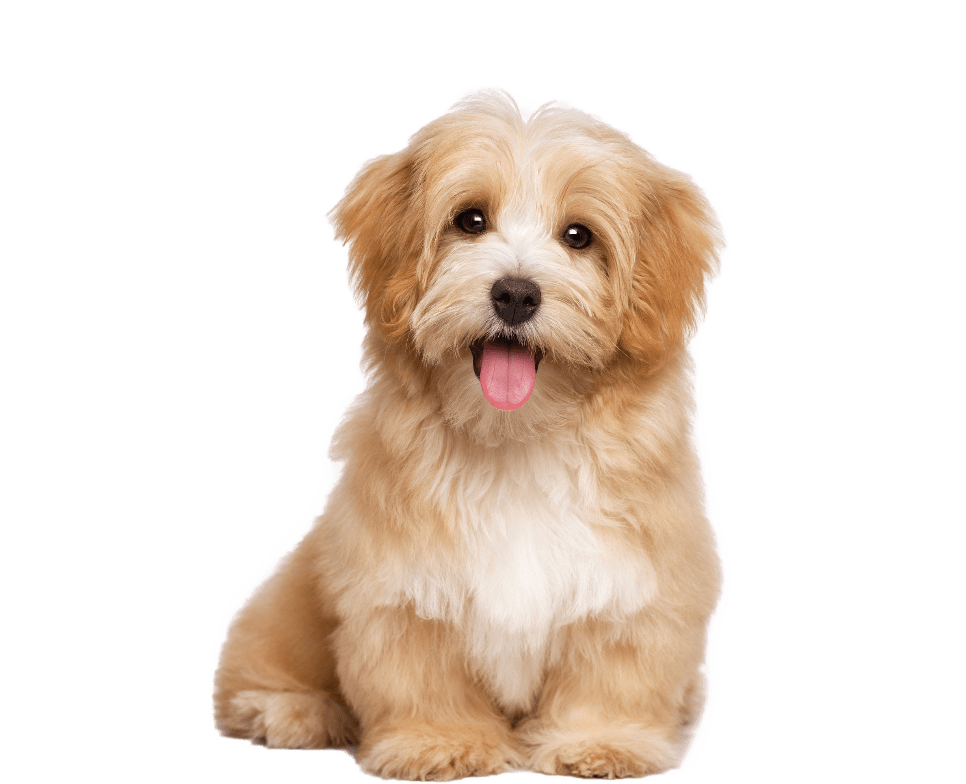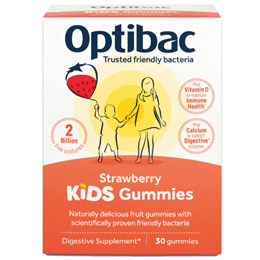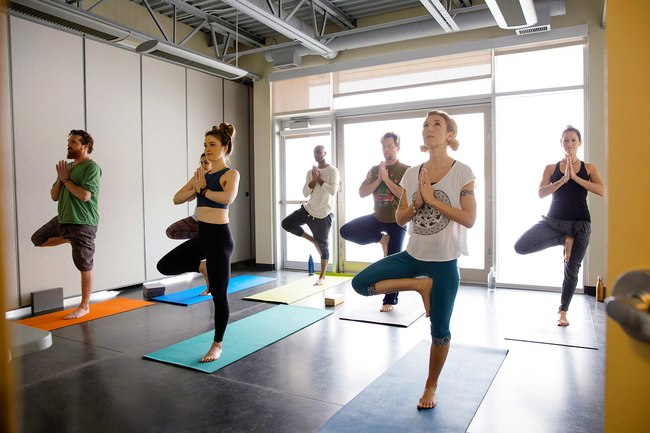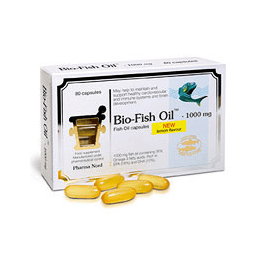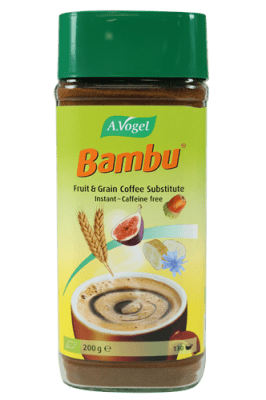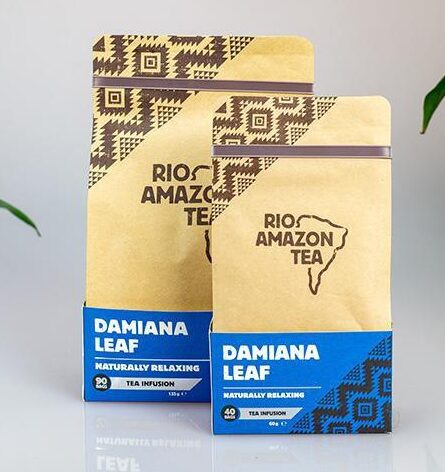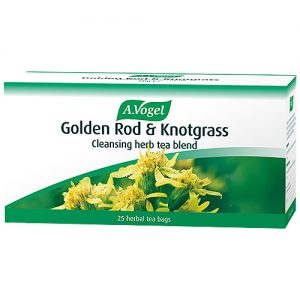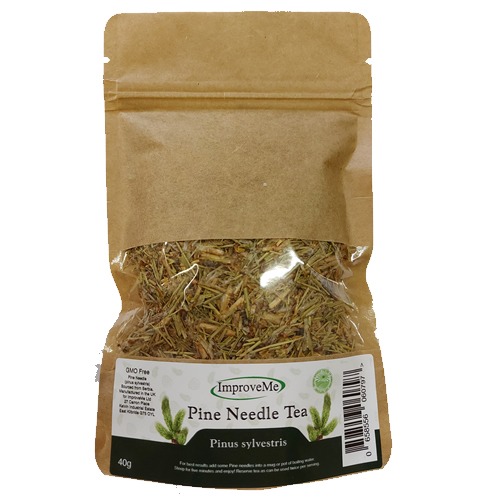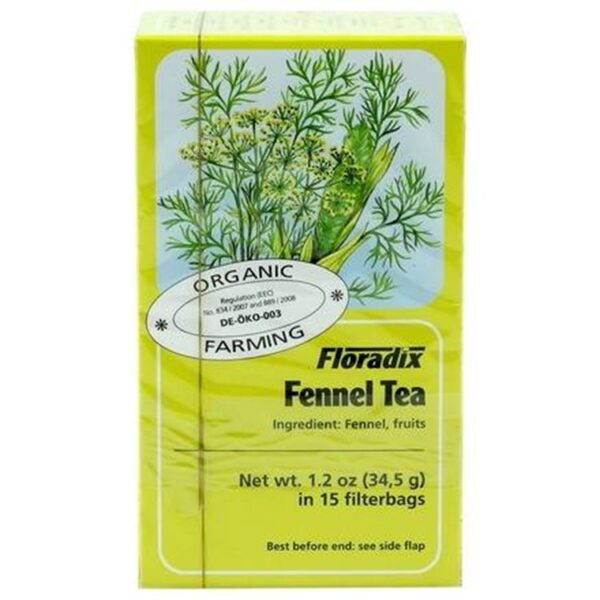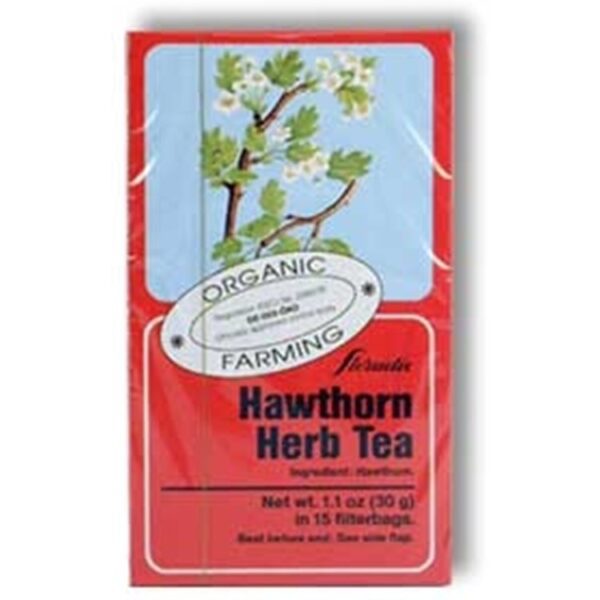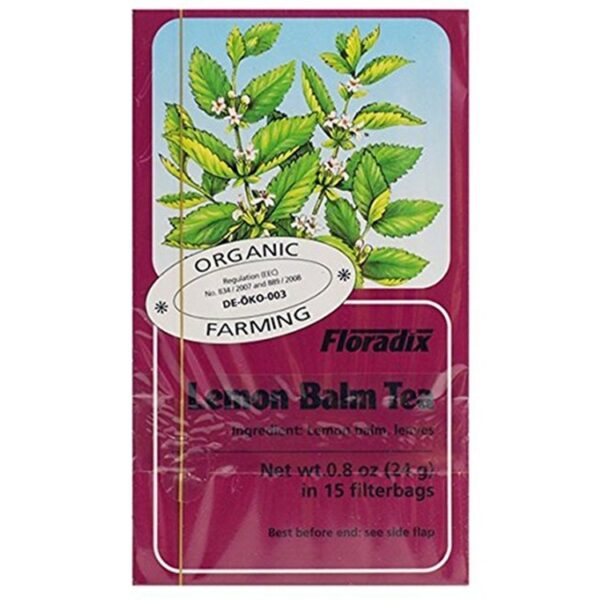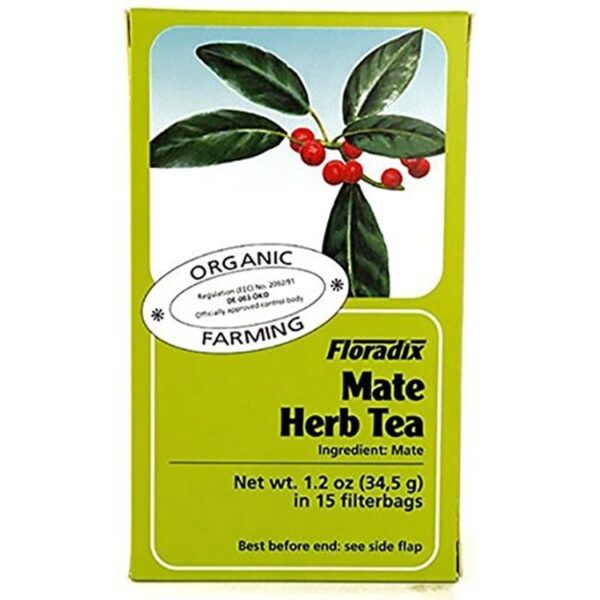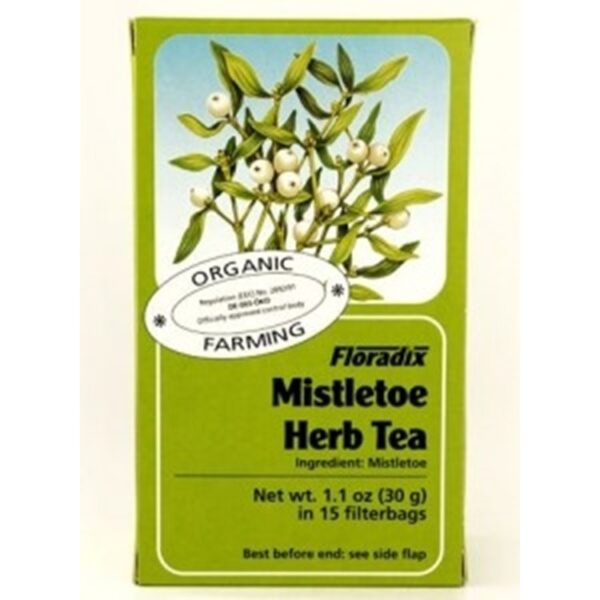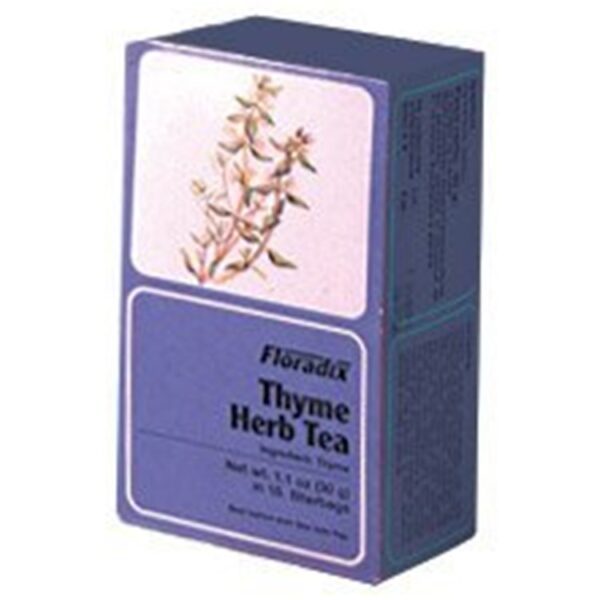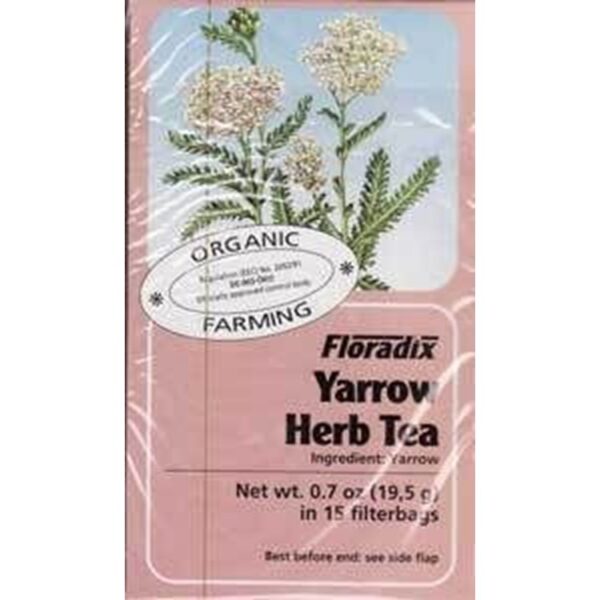Herbal teas—less commonly[1] called tisanes (UK and US /tɪˈzæn/, US also /tɪˈzÉ‘Ën/)[2]—are beverages made from the infusion or decoction of herbs, spices, or other plant material in hot water. They do not usually contain caffeine.[3] Herbal teas should not be confused with true teas (e.g., black, green, white, yellow, oolong), which are prepared from the cured leaves of the tea plant, Camellia sinensis), nor with decaffeinated tea, in which the caffeine has been removed. Like beverages made from true teas, herbal teas can be served hot or cold.
Depending on the source of the herbal ingredients, herbal teas, like any crop, may be contaminated with pesticides or heavy metals.[10][11] According to Naithani & Kakkar (2004), “all herbal preparations should be checked for toxic chemical residues to allay consumer fears of exposure to known neuro-toxicant pesticides and to aid in promoting global acceptance of these products”.[10]
During pregnancy
In addition to the issues mentioned above which are toxic to all people, several medicinal herbs are considered abortifacients, and if consumed by a pregnant woman could cause miscarriage. These include common ingredients like nutmeg, mace, papaya, bitter melon, verbena, saffron, slippery elm, and possibly pomegranate. It also includes more obscure herbs, like mugwort, rue, pennyroyal, wild carrot, blue cohosh, tansy, and savin.[medical citation needed]



